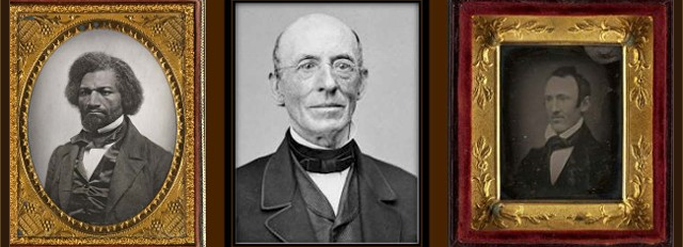State of the Union Message
Sent by Lincoln to be Read by Congress Regarding Proposal for Gradual
Compensated Emancipation
Washington,
D.C.
December 1, 1862
[…] I
do not forget the gravity which should characterize a paper addressed to the
Congress of the nation by the Chief Magistrate of the nation. Nor do I forget
that some of you are my seniors, nor that many of you have more experience than
I, in the conduct of public affairs. Yet I trust that in view of the great
responsibility resting upon me, you will perceive no want of respect
yourselves, in any undue earnestness I may seem to display.
Is it
doubted, then, that the plan I propose, if adopted, would shorten the war, and
thus lessen its expenditure of money and of blood? Is it doubted that it would
restore the national authority and national prosperity, and perpetuate both
indefinitely? Is it doubted that we here--Congress and Executive--can secure
its adoption? Will not the good people respond to a united, and earnest appeal
from us? Can we, can they, by any other means, so certainly, or so speedily,
assure these vital objects? We can succeed only by concert. It is not "can
any of us imagine better?" but, "can we all do
better?" The dogmas of the quiet past, are inadequate to the stormy
present. The occasion is piled high with difficulty, and we must rise -- with
the occasion. As our case is new, so we must think anew, and act anew. We must
disenthrall ourselves, and then we shall save our country.
Fellow-citizens,
we cannot escape history. We of this Congress and this administration,
will be remembered in spite of ourselves. No personal significance, or
insignificance, can spare one or another of us. The fiery trial through which
we pass, will light us down, in honor or dishonor, to the latest generation. We
say we are for the Union. The world will not forget that we say this. We
know how to save the Union. The world knows we do know how to save it. We --
even we here -- hold the power, and bear the responsibility. In giving
freedom to the slave, we assure freedom to the free --
honorable alike in what we give, and what we preserve. We shall nobly save, or
meanly lose, the last best hope of earth. Other means may succeed; this could
not fail. The way is plain, peaceful, generous, just -- a way which, if
followed, the world will forever applaud, and God must forever bless.
Source: Basler, Collected
Works, Vol. V, pp. 536-537. [Downloaded
5/3/15 from http://quod.lib.umich.edu/l/lincoln/]

